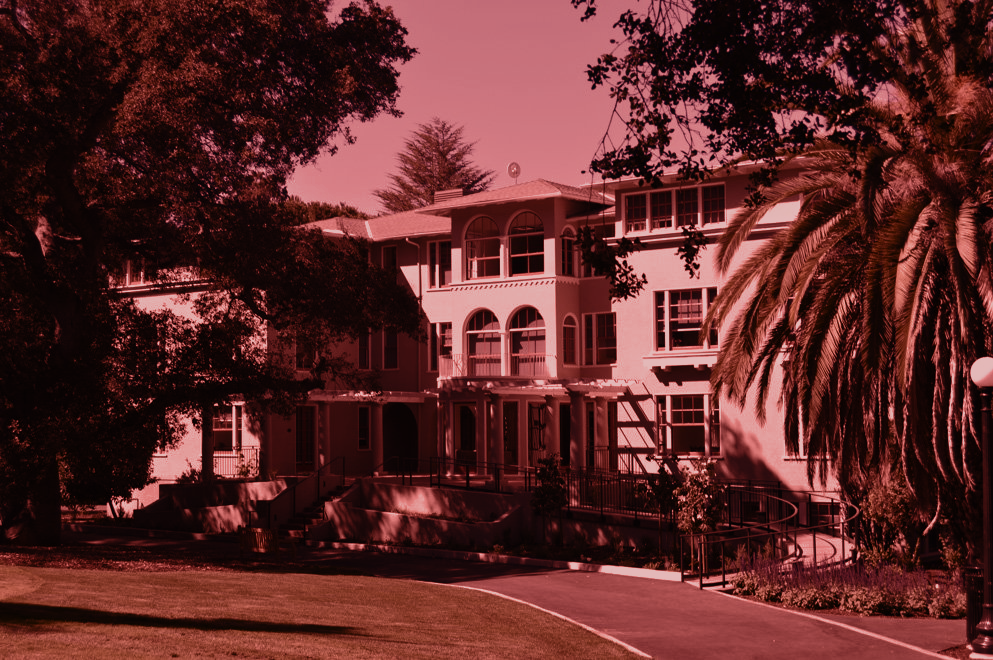Stanford released an updated version of the Sexual Harassment/Assault Response and Education (SHARE) Hearing and Investigation Procedures on Oct. 27, following their original issuance on Sept. 18.
The SHARE procedures seek to cover areas stripped from Title IX under Education Secretary Betsy DeVos. They are composed of the SHARE Hearing Procedure and the SHARE Investigation Procedure, with the former applying to student and faculty member respondents and the latter covering staff members and postdoctoral scholars.
According to University spokesperson E.J. Miranda, Stanford has revised the procedures’ language. He specifically cited the removal of a clause that limited amnesty from social distancing violation consequences for reporters of sexual violence to the 2020-2021 academic year. He also wrote that the University removed language “suggesting that a complainant would need to file a formal complaint (as is legally required under Title IX, but not under a university procedure).” The titles of the procedures have been formally expanded to become the “SHARE Hearing Procedure For Faculty and Students” and “SHARE Investigation Procedure for Staff and Postdoctoral Scholars.”
According to Miranda, the University released the procedures “in the form of pilots, recognizing that we might need to make clarifications and adjustments.”
Survivor advocates contend that these revisions are superficial and do not sufficiently address the crux of their concerns about the SHARE procedures. In particular, law professor Michele Dauber took issue with the scope of the procedures, contending that their jurisdiction is still not sufficiently broad.
The SHARE procedures offer support to survivors and avenues to investigate perpetrators of sexual violence who are subject to Administrative Guide 1.7.1 — which lays out University operating procedures and is applicable to current students, faculty, staff, postdoctoral scholars and affiliates — both at the time of the offense and the time of the report.
Dauber contends that for the SHARE procedures to be fully effective, they must cover all individuals experiencing and committing sexual violence, not only those subject to the administrative guide. She cited the case of Chanel Miller as an instance in which a survivor would not be afforded access to supportive measures under the SHARE procedures. According to Dauber, the respondent would not have been investigated by the University because former Stanford student Brock Turner, who was convicted of a felony, had withdrawn.
ASSU Executive Fellow for Sexual Violence Betsy Kim ’22 concurred with Dauber. She expressed concerns about the University’s ability to dismiss reports of sexual violence if the respondent no longer attends or works for Stanford.
“Considering the prevalence of repeat offenders in sex crimes, terminating an investigation before giving other potential survivors the chance to come forward is not responsible,” Kim wrote in a statement to The Daily.
Miranda wrote that there is no obligation for the SHARE procedures to offer supportive measures to survivors or investigate perpetrators who are not covered under Administrative Guide 1.7.1.
“We have never used a Title IX procedure to address non-Stanford related conduct,” he wrote. “A person who is not part of the Stanford community at the time of misconduct is simply not subject to our policies or procedures and therefore they do not apply.”
Miranda added that the University would respond to reports of any Stanford affiliate committing sexual violence and that the administration is currently reviewing the concerns of survivor advocates about the SHARE procedures.
Still, Dauber contends that Stanford administrators, particularly Provost Persis Drell, have not responded to multiple requests to meet and discuss the procedures.
“Students from ASSU [Associated Students of Stanford University] and I have been asking to meet with her for an in-person conversation about these issues for quite some time and have not been granted a meeting,” wrote Dauber in a tweet.
In response, Miranda wrote, “Provost Drell has replied and made it clear that she is willing to be a part of discussions with Professor Dauber and the Advisory group on the procedures.”
According to Miranda, the University will continue to evaluate, revise and consider feedback for the procedures through at least the 2020-2021 Academic Year.
Contact Kathryn Zheng at kszheng ‘at’ stanford.edu.
